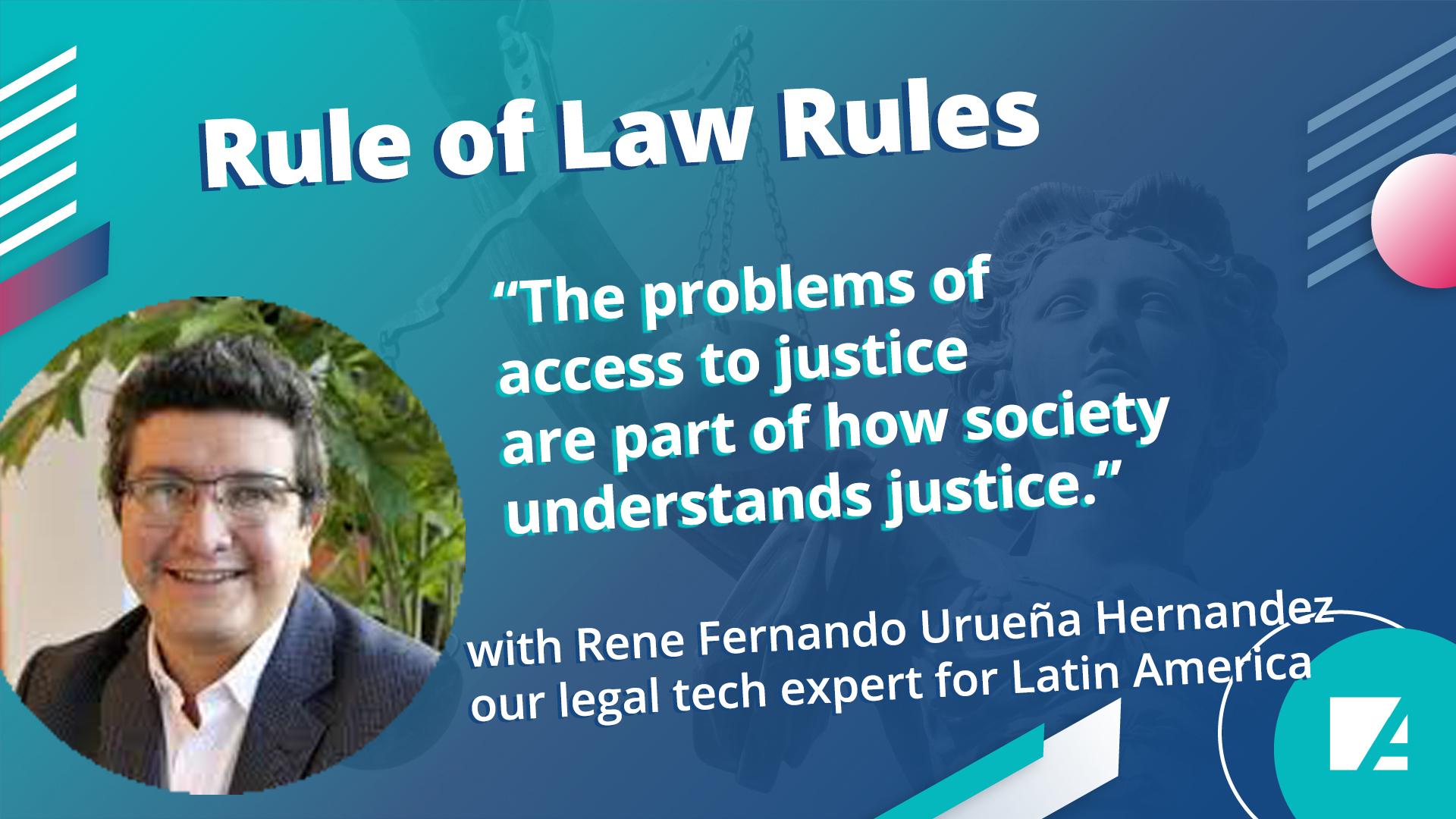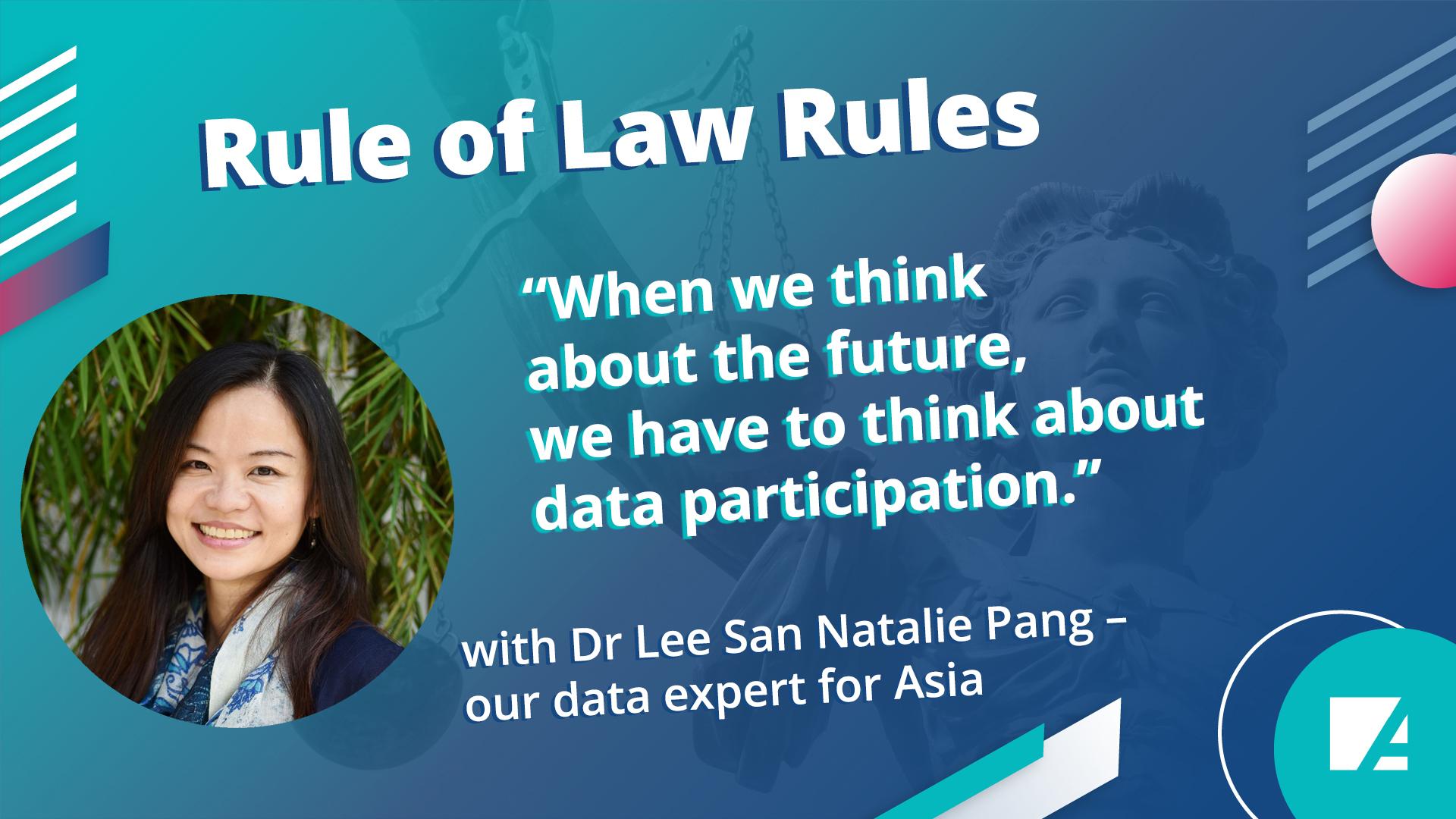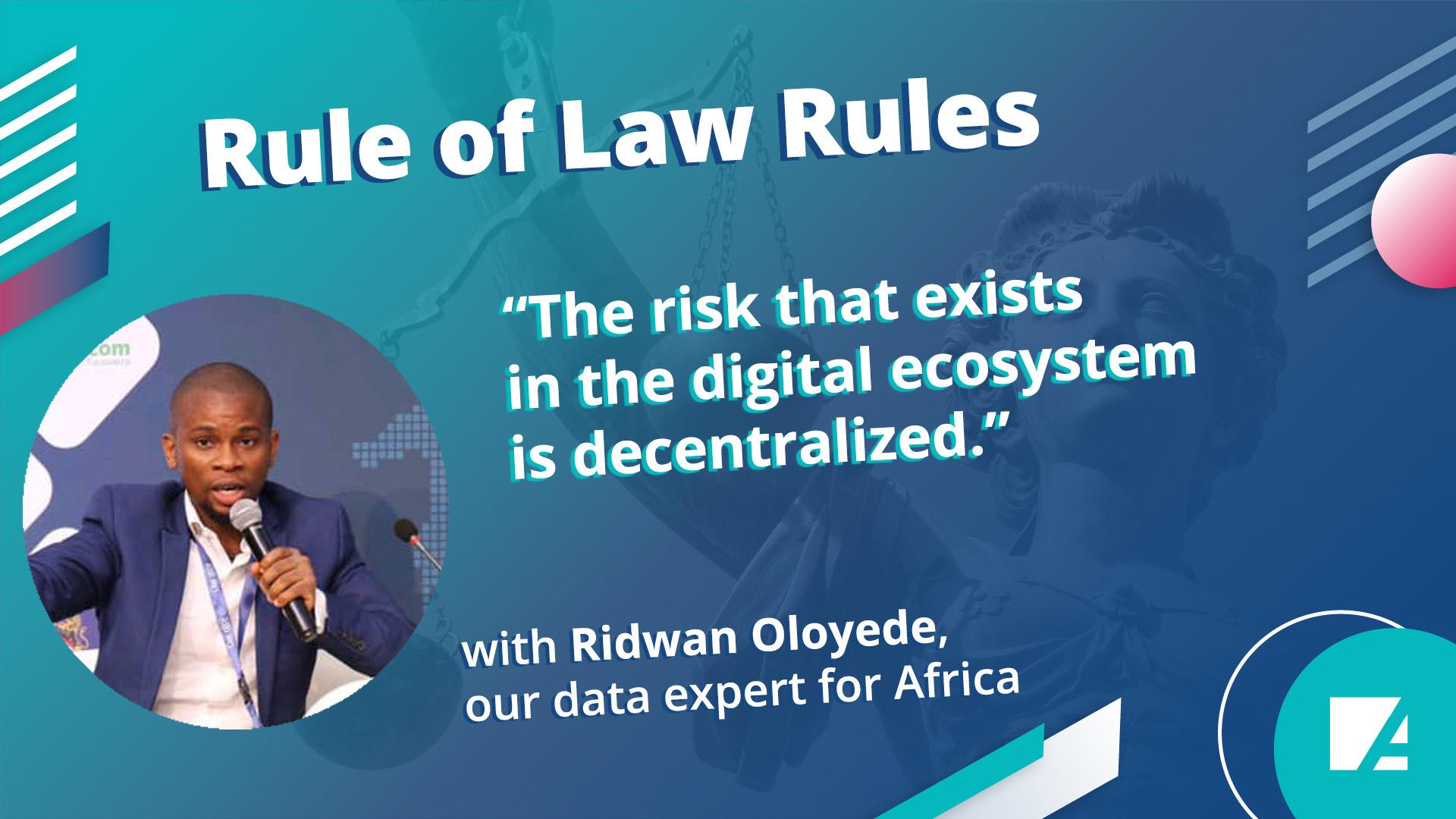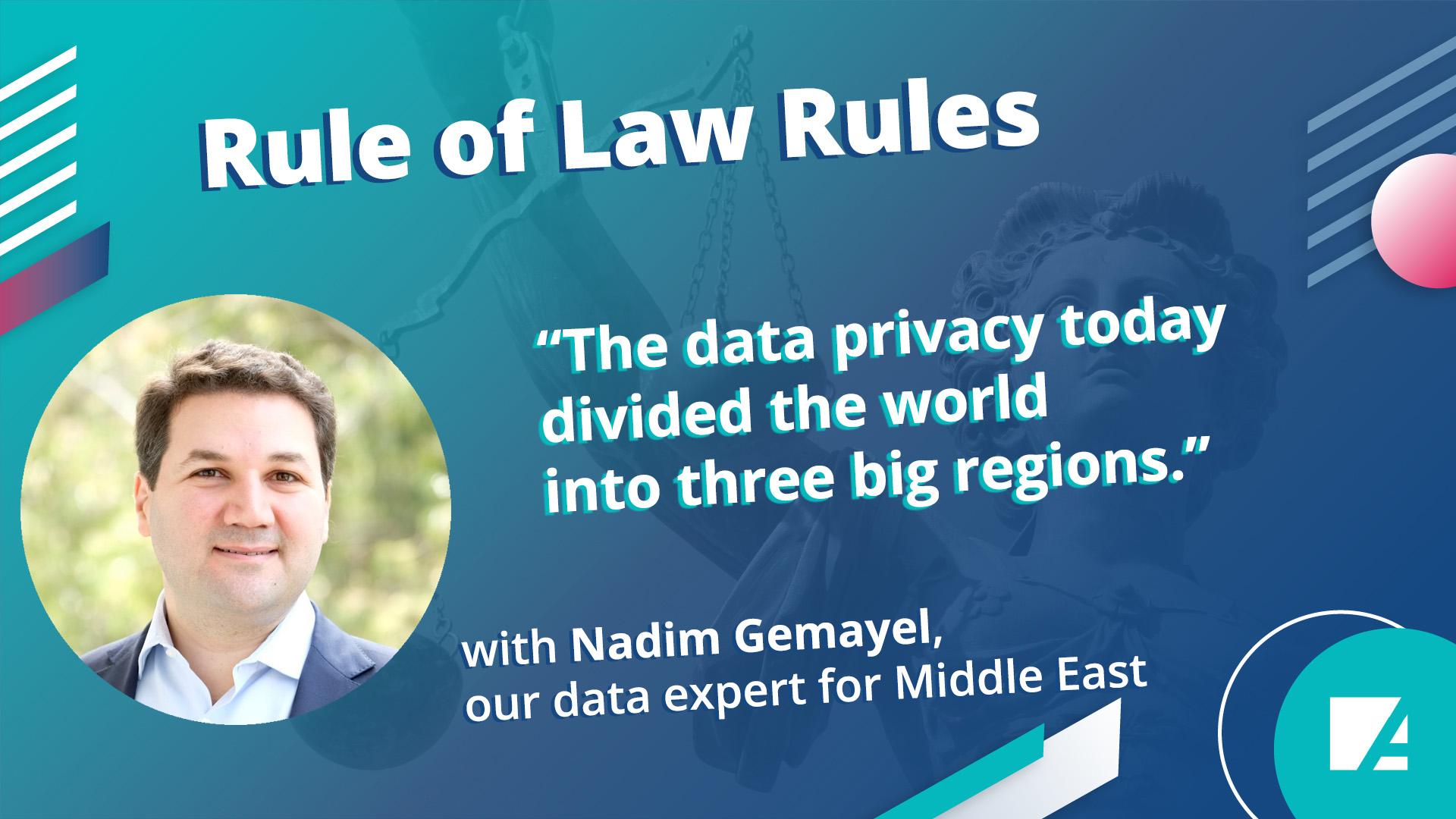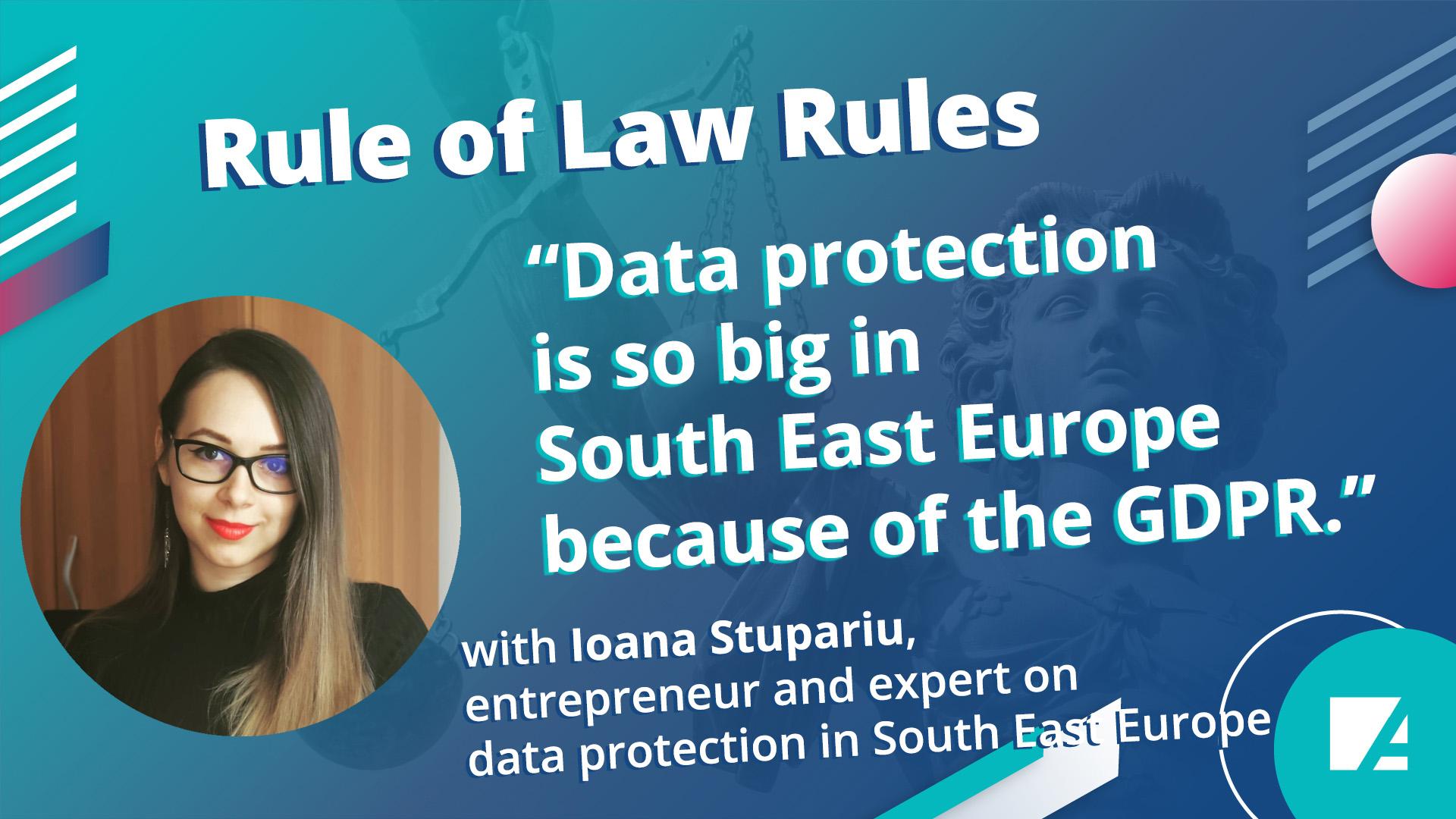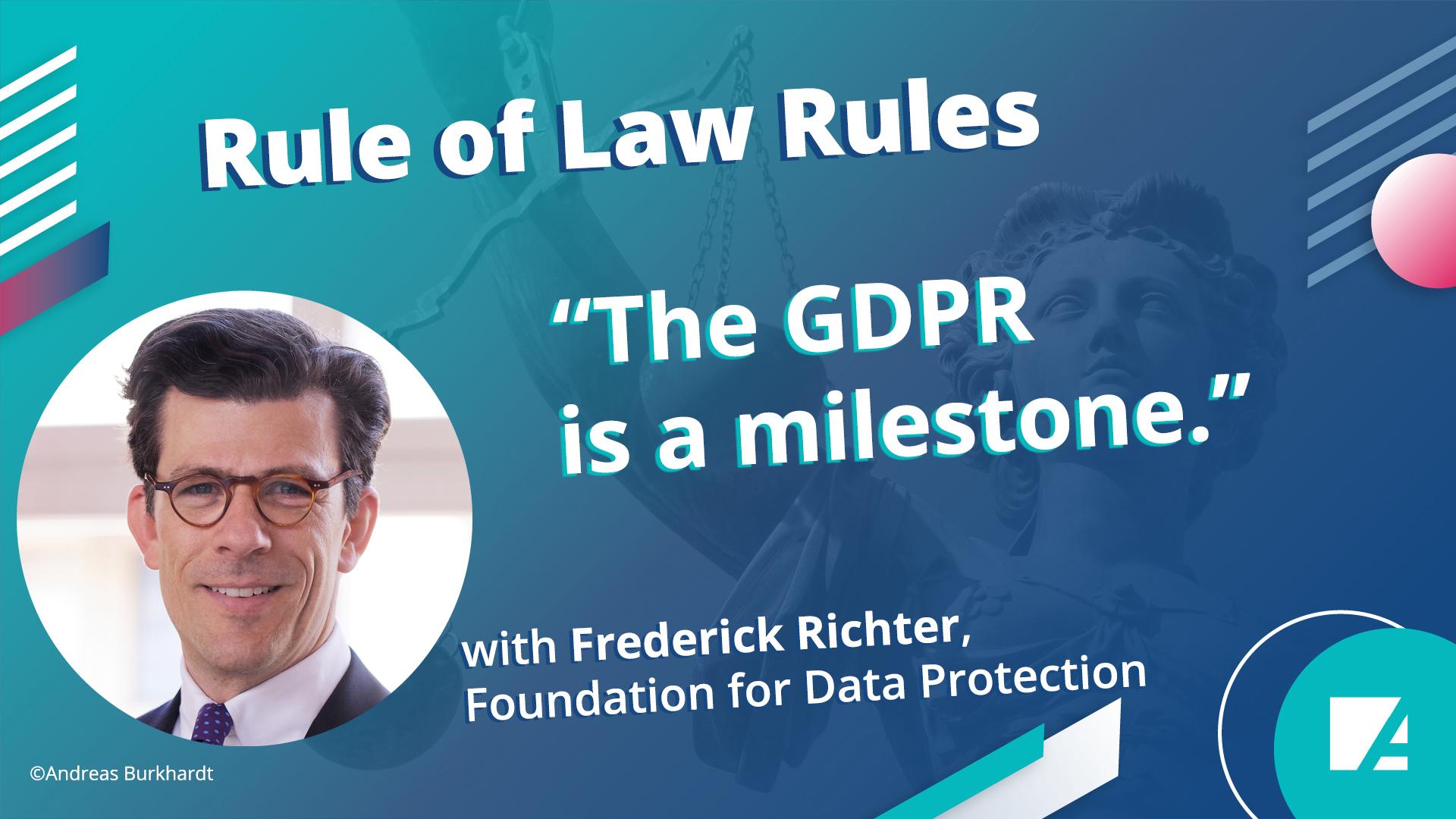On Thursday evening (15.02.), the news spread like wildfire: the Constitutional Council annulled Macky Sall's decree of 03.02.24 to cancel the elections[1] and also declared the electoral law of 05.02.24 passed by parliamentary vote invalid. According to the constitution, the president does not have the necessary powers to cancel election dates [2]. Parliament's decision was also deemed to be unconstitutional. The original election process has therefore been restored. The Council also confirmed that Macky Sall's term of office will end as planned on April 2, 2024.
The Constitutional Council is the highest decision-making body in Senegal, consisting of seven constitutional judges, also known as the "seven wise men". Their task is to ensure compliance with the constitution and to ensure the balance of powers in the state [3]. This Council of the Seven Wise Men was called upon by opposition MPs after parliament adopted an amendment to the law to postpone the election without the participation of the opposition[4] and doubts arose about the legitimacy of the vote. One of the reasons given by the Council for its decision was that "the constitutional law recently adopted by the National Assembly is not compatible with Articles 27 and 103 of the Constitution, which in the first case establish the duration of the presidential term of office and in the second case the impossibility of revising the duration and number of consecutive terms of office of the President of the Republic. The Constitutional Council thus upheld the 56 deputies and the seven candidates who had submitted the request."[5]
This decision is historic - for the first time ever in the history of Senegalese democracy, the Constitutional Council took a decision[6] that simultaneously put an incumbent president and parliament in their place on the basis of the constitution. The Council has thus demonstrated that it can react independently[7] and thus made it clear that the democratic institutions in Senegal are functional and resilient. This decision was received with joy and relief not only by the Senegalese population, but also by Senegal's international partners. France, the USA, the European Union and also ECOWAS welcomed[8] the ruling and emphasized the importance of returning to an electoral process that complies with the constitution. ECOWAS in particular appealed to all political forces to "exercise restraint and inclusive dialog in order to preserve the democratic achievements of Senegal as a model country"[9].
The full publication is only available in german.
[1] https://www.sudquotidien.sn/le-coup-detat-a-echoue-le-conseil-constitutionnel-a-mis-les-points-sur-les-i/
[2] https://www.bbc.com/afrique/articles/crgk12vd22no
[3] https://conseilconstitutionnel.sn/
[4] https://www.lemonde.fr/afrique/article/2024/02/14/au-senegal-le-conseil-constitutionnel-dans-la-tourmente_6216538_3212.html
[5] https://www.jeuneafrique.com/1537744/politique/au-senegal-le-conseil-constitutionnel-soppose-au-report-de-la-presidentielle/
[6] https://ceracle.com/breves-reflexions-sur-la-decision-du-conseil-constitutionnel-n-1-c-2024-du-15-fevrier-2024-par-pr-meissa-diakhate/
[7] https://www.jeuneafrique.com/1538156/politique/au-senegal-ces-sages-qui-ont-dit-non-a-macky-sall/
[8] https://lequotidien.sn/annulation-du-report-de-la-presidentielle-washington-paris-londres-lue-et-la-cedeao-reagissent/
[9] https://lequotidien.sn/annulation-du-report-de-la-presidentielle-washington-paris-londres-lue-et-la-cedeao-reagissent/




